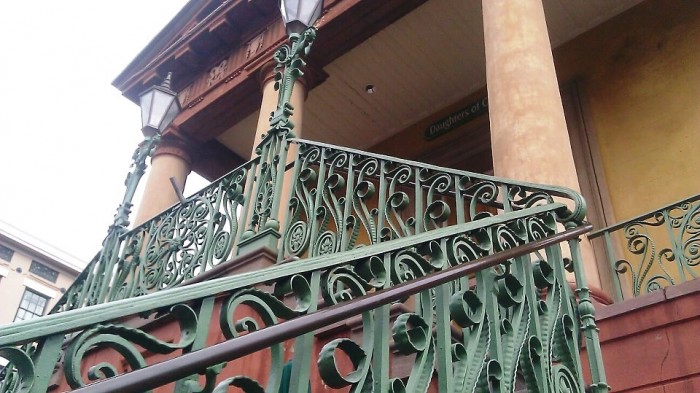asks John H., from Seattle, Washington…
The City Market is what was called the “Slaves’ Market,” not the “Slaves Market.” That apostrophe makes all the difference in the world. While a shocking number of humans were sold into slavery in Charleston (a very dark period in the City’s history), they were not sold at what is now called the City Market. The Slaves’ Market (note the apostrophe) was actually where the slaves were allowed to go and sell things (items they made, cooked, created) for their own benefit.
The bad history of selling slaves took place at the Slave Mart and other locations.
